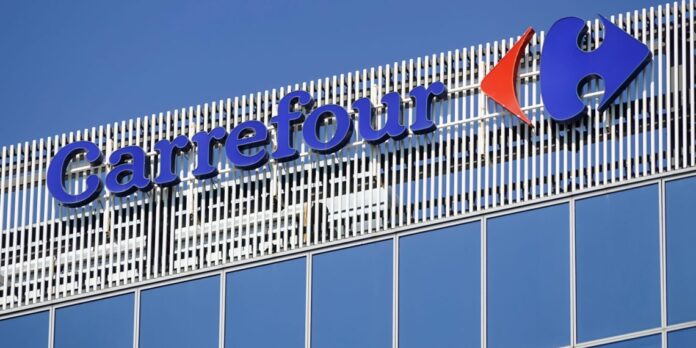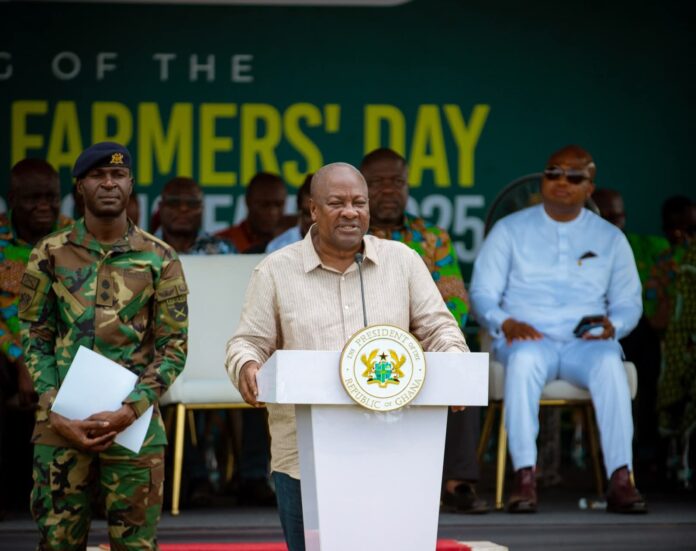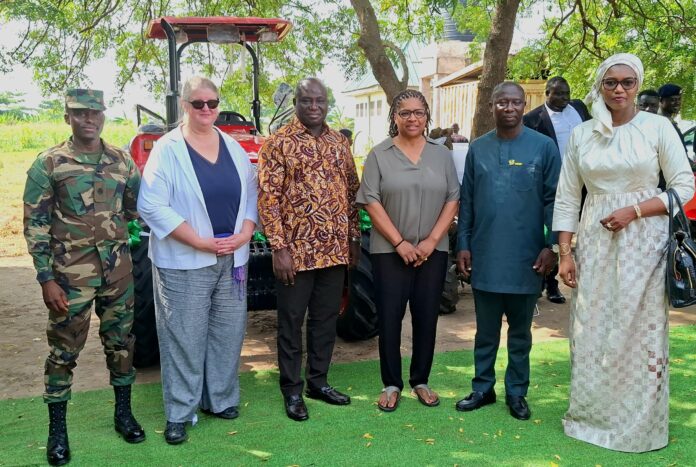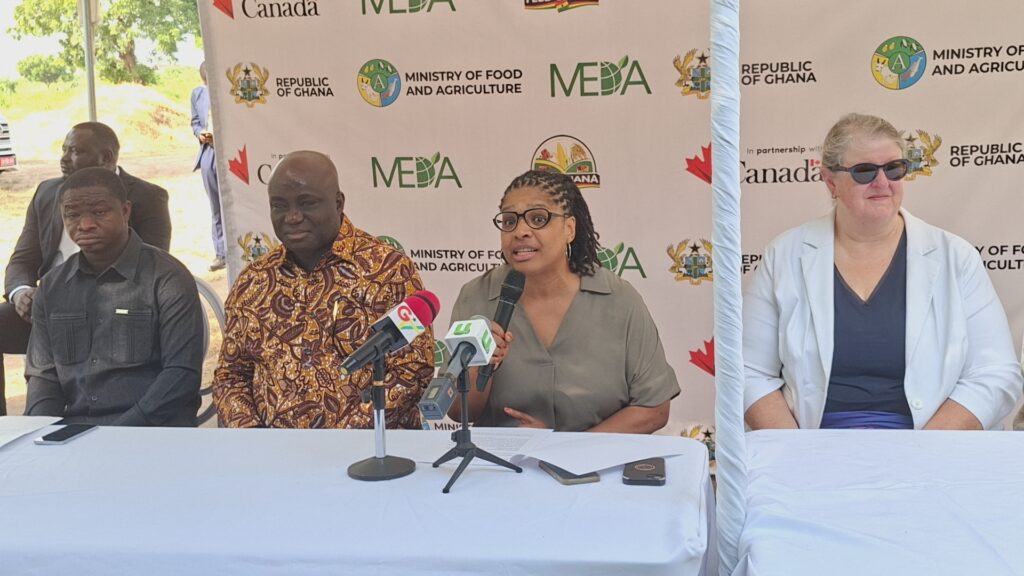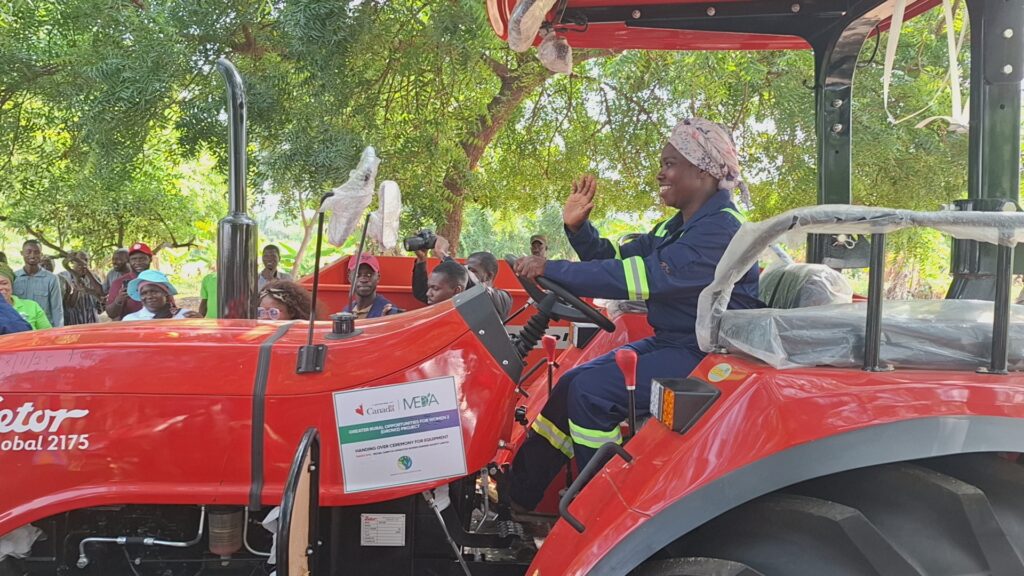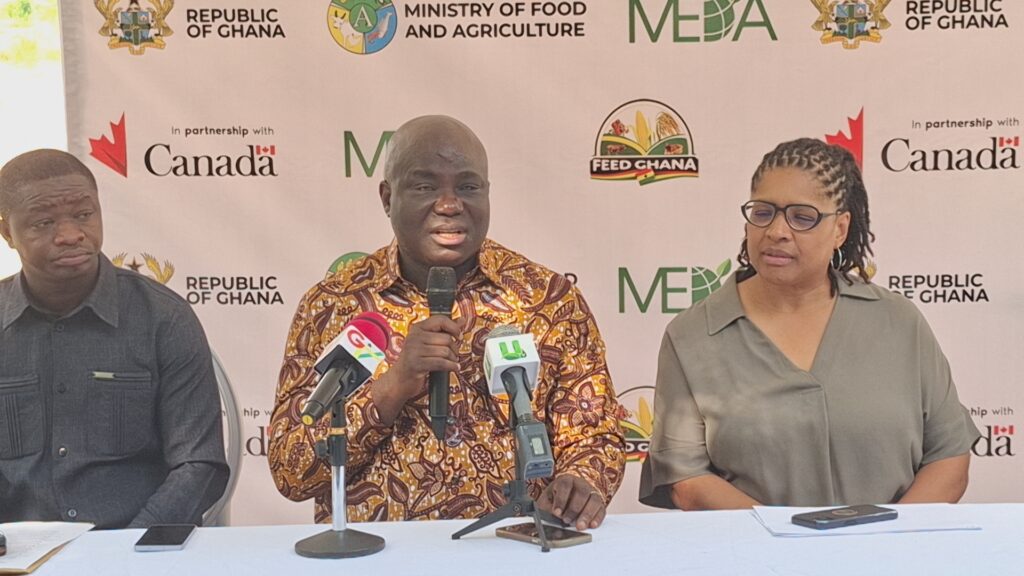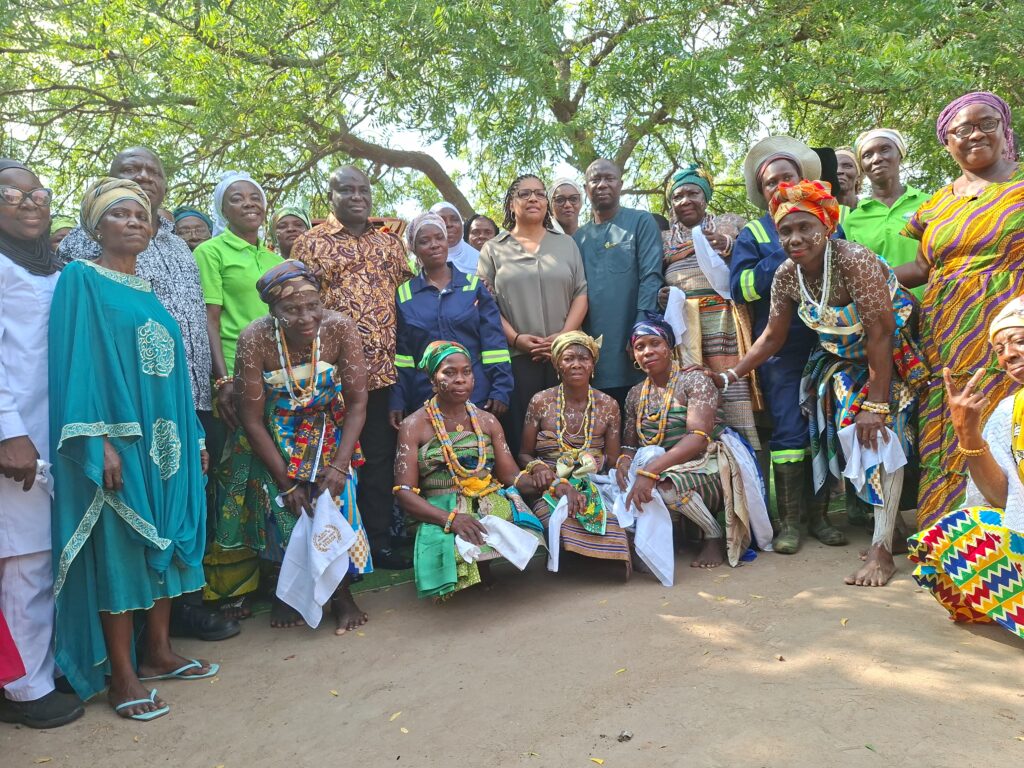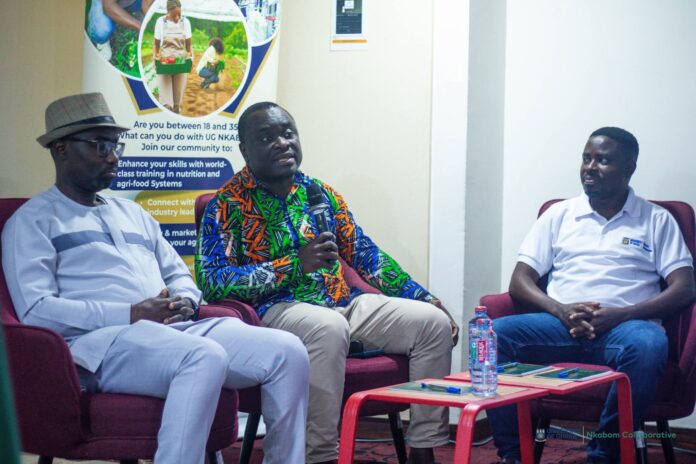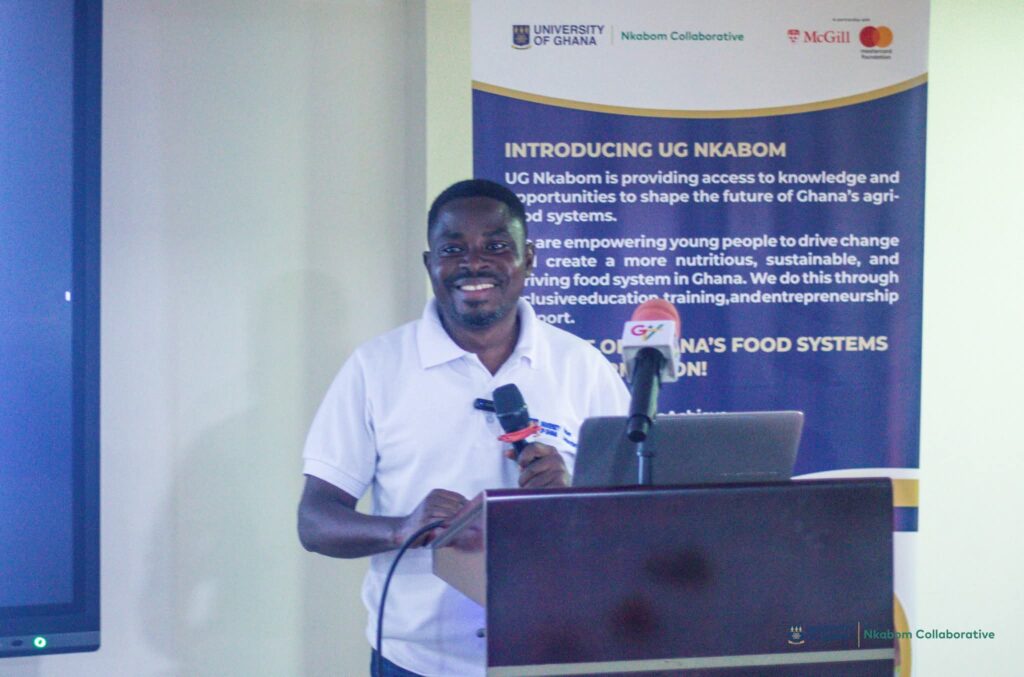The Carrefour Group, a leading French food retailer, is taking over Shoprite’s franchise in Ghana through a new partnership with the distributor, Brands For All, which acquired the seven Shoprite hypermarkets in November 2025.
These stores will be rebranded to Carrefour, with the first openings expected by April 2026, as part of Carrefour’s African expansion strategy, according to a press release issued on Monday, December 15, 2025.
This follows Shoprite’s plan to exit Ghana to focus on its home market in South Africa, according to a Reuters report.
Brands for All is a distributor that is already a franchise partner for retail chains such as Decathlon and Yves Rocher in Sub-Saharan Africa and the Middle East. In November 2025, the company took over seven Shoprite hypermarkets.
The press release announcing the takeover explained that they are rolling out Carrefour banners, expertise, and products in Ghana under an agreement, which will see Carrefour International supporting Brands For All teams in the takeover and transformation of the entire Shoprite Ghana network under Carrefour banners, and the implementation of an ambitious expansion plan.
The first stores will be rebranded by April 2026.
By 2028, the retailer also expects to open five new outlets, said Patrick Lasfargues, executive director of Carrefour International, in a press release.
The release stated that the new agreement illustrates the strength and dynamism of the franchise model championed by the Carrefour Group, and marks the achievement of an objective to expand in 10 new countries under franchise as part of its 2026 strategic plan.
“We are delighted to initiate this collaboration with a leading retail player in Ghana. Beyond the rapid transformation of the 7 Shoprite Ghana hypermarkets, the Brands For All and Carrefour International Partnership teams are already working hand-in-hand on the future growth of our activities in the country: by 2028, we project the opening of 5 additional stores.
“This launch in Ghana is another milestone in the execution of our international franchise expansion strategy, which already saw us pass the 3,000 franchised store mark in October 2025.”, the CEO of Carrefour International Partnership, Patrick Lasfargues stated.
On his part, the CEO of Brands For All, Geoffrey Fadoul stated: “I am very proud to announce, along with the entire Brands For All team, our integration into Carrefour’s international franchise network. By leveraging our deep knowledge of the local market, the dedication of the Shoprite Ghana teams, and Carrefour’s excellence, we will be able to offer Ghanaian consumers high-quality, affordable products and an experience that perfectly meets their expectations.”
About Carrefour Group
With a multi-format network of over 15,000 stores in more than 40 countries, the Carrefour Group is one of the world’s leading food retailers. Carrefour International Partnership manages all the Carrefour Group’s franchised Partners worldwide, operating in more than 30 countries with over 3,000 stores.
Carrefour posted sales of €94.6 billion in 2024. Its integrated store network employs more than 300,000 people who help to make Carrefour the world leader in the food transition for all, by offering quality food every day, accessible everywhere and at a reasonable price. In total, more than 500,000 people work under the Carrefour banner worldwide.
About Brands For All
As a modern and dynamic player in the distribution sector, Brands For All is dedicated to establishing and amplifying the presence of the world’s leading international brands across Africa, the Middle East, and beyond. The group develops iconic names such as Decathlon, Optimum Nutrition, Yves Rocher, Adidas, Babolat, Adopt, and soon Swarovski.
Brands For All operates under a clear mission: to make great brands accessible to everyone. By combining field expertise and operational excellence, Brands For All serves as the agile and committed partner international brands choose to maximise their growth and unleash their full potential in new territories.

